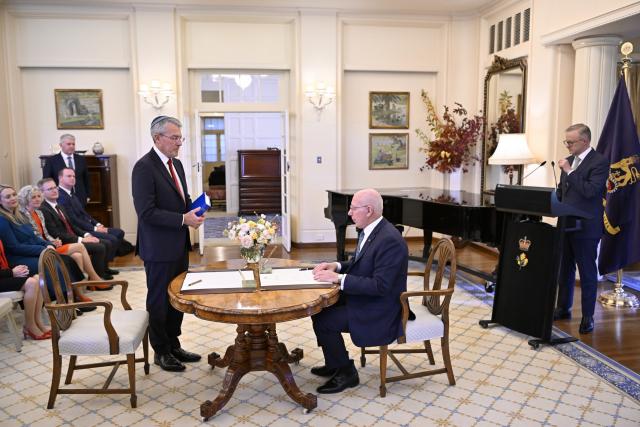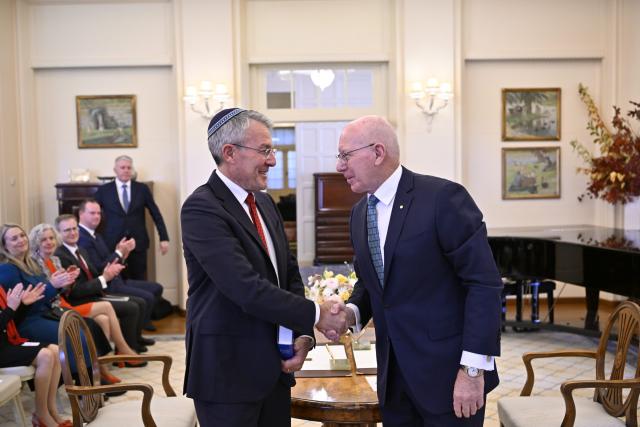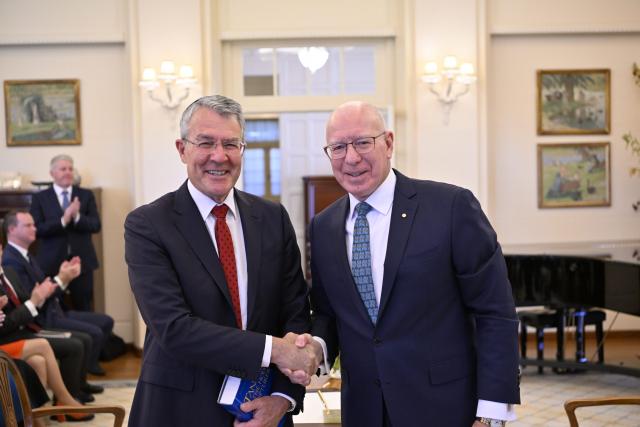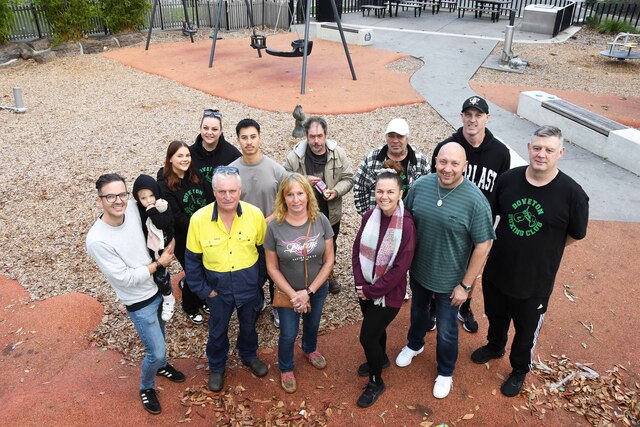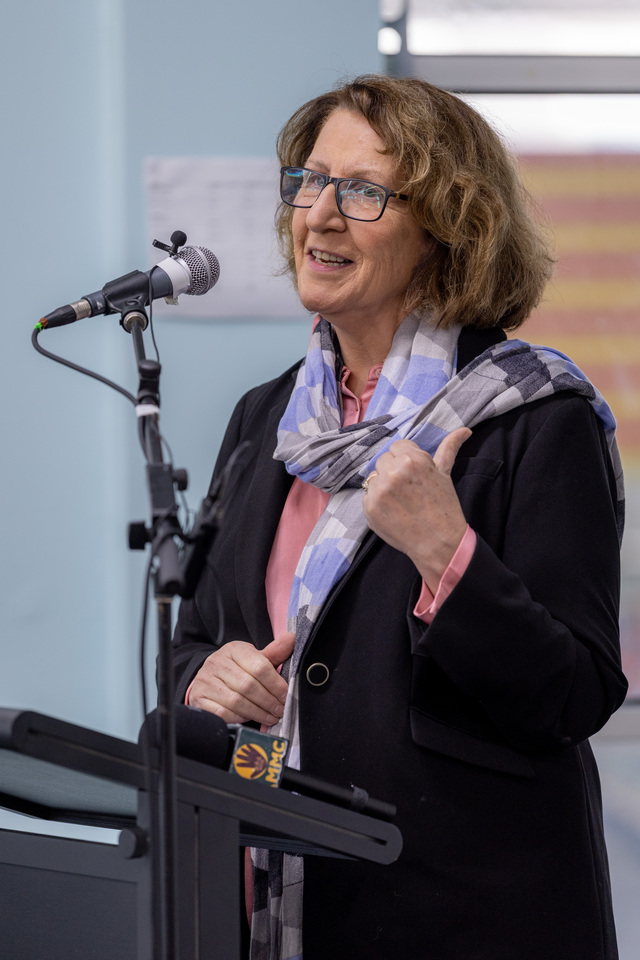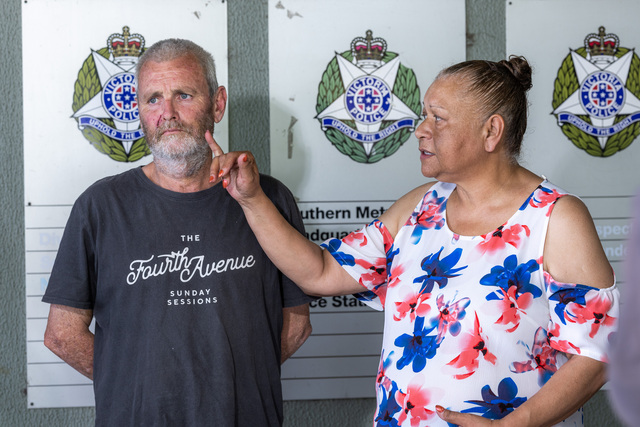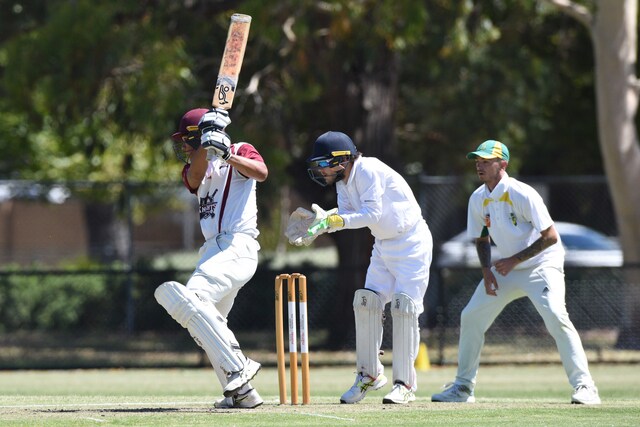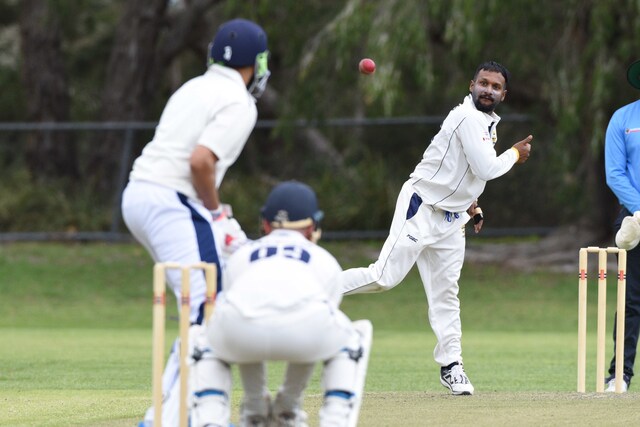Newly-appointed Attorney-General Mark Dreyfus says he’ll work to “restore integrity” to Australian public life.
The Isaacs MP was sworn into the new Federal Cabinet by Governor-General David Hurley in Canberra on 1 June, pledging a legal system that protected and cared for “all Australians”.
Mr Dreyfus last served as Attorney-General in the Gillard Government in 2013.
“It is clear there is a great deal of work to do in the Attorney-General’s portfolio and first and foremost is the need to repair and strengthen the keystone of our democratic system – the rule of law,” Mr Dreyfus said in a statement.
His priorities include legislating by the end of the year for a “powerful, transparent” independent national anti-corruption commission (ICAC) and to “restore integrity” to appointments to bodies such as the Administrative Appeals Tribunal and the Australian Human Rights Commission.
He would also work with Indigenous Affairs Minister Linda Burney for a referendum on installing a First Nation’s Voice to Parliament via the Australian Constitution.
“The Uluru Statement from the Heart, delivered five years ago, remains a deeply generous offer for a partnership to pursue meaningful reconciliation as a nation.
“This is an offer our nation cannot afford to let slip by.
“As I said when first appointed Attorney-General in 2013 by Prime Minister Gillard, ‘Australia’s legal system should provide a framework that allows us to protect and care for all Australians, including our elderly, our sick, our injured, our workers, our new arrivals, our indigenous people, our young and our outspoken writers, artists and journalists.’
“These principles have guided my career since my first days as a barrister.
“As Attorney-General I will work to uphold the rule of law and restore integrity to public life in Australia.”
The Law Council of Australia welcomed the commitments to a Voice to Parliament and an effective ICAC.
“More broadly we will continue to pursue our long-standing goal of investment in our justice system, including long term, evidence based funding increases to the legal assistance sector, proper resourcing of the courts and funding to meet the access to justice needs in rural, regional and remote communities,” LCA president Tass Liveris said.

